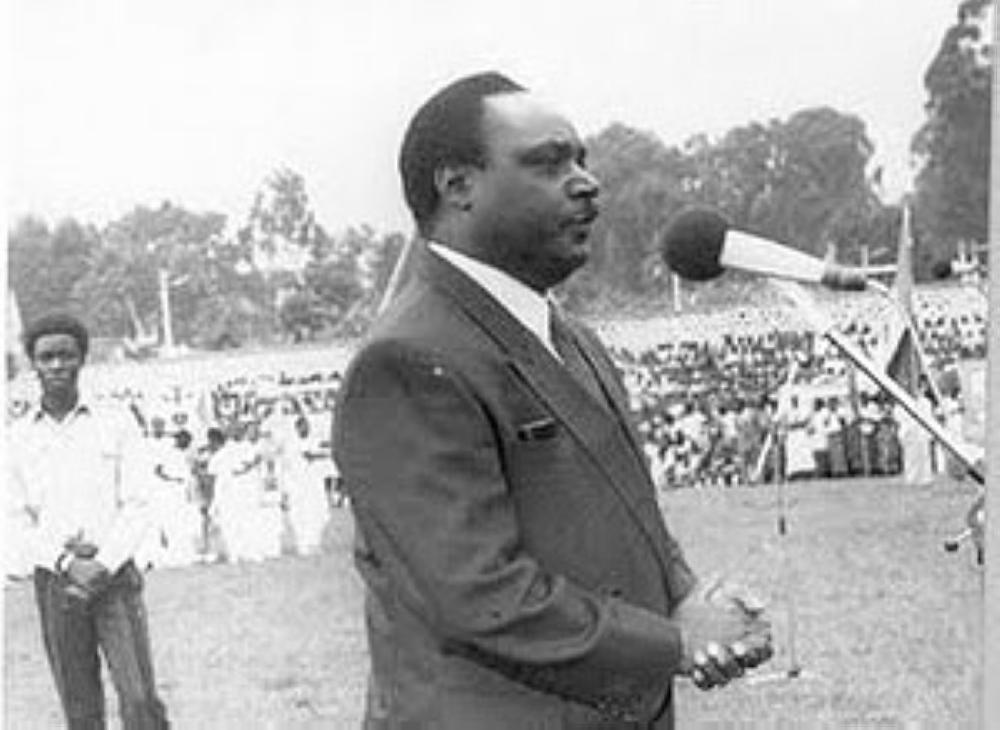Africa-Press – Rwanda. When the UN criminal tribunal acquitted Protais Zigiranyirazo, better known as ‘Mr Z’, the ruling sparked outrage. Despite walking free, the man accused of being at the centre of the planning of the Genocide against the Tutsi never truly regained peace.
When he finally died, his family struggled to find a final resting place for him. The acquittal may have satisfied the strict rules of international justice, but it did not erase the shadows of genocide that trailed him to the grave.
A similar fate now hangs over Félicien Kabuga, the man who bankrolled the genocide in which over a million innocent lives were lost. Once one of the world’s most wanted fugitives, Kabuga was captured in France after decades on the run.
Yet in 2023, the same UN court declared him unfit to stand trial due to poor health. One might imagine that would mark the end of the story. Instead, Kabuga remains in UN custody in The Netherlands, stuck in a legal limbo, because no country is willing to take him in.
Even without a verdict, the weight of his crimes has denied him a peaceful old age.
These two cases reveal something profound about the nature of genocide. The international justice system, with its rules, procedures, and loopholes, may fail to deliver final convictions.
Powerful lawyers can argue technicalities, and courts can be bound by burdens of proof. But beyond the courtroom, there is another kind of justice—moral, social, even spiritual—that cannot be dodged. Genocide is not an ordinary crime. It leaves a stain that follows perpetrators, whether convicted or acquitted, until their last breath and beyond.
Rwanda’s story demonstrates that while some individuals may exploit weaknesses in international law, they cannot escape the deeper judgment of history. Communities remember. Survivors remember.
And the world, too, refuses to grant full freedom to those who played a role in orchestrating mass slaughter. The uncertainty around Kabuga’s fate, and the indignity that clouded Mr Z’s final days, underline this truth: genocide does not let its perpetrators go easily.
For Rwandans, this should be both a warning and a reassurance. A warning that complicity in such crimes will always carry lifelong consequences, whether or not a judge slams the gavel. And a reassurance that justice, though imperfect, has many faces. Courts may falter, but the memory of genocide ensures that the guilty never truly walk free.
In the end, the lesson is simple. Genocide may outlast trials, defenses, and legal loopholes, but it never forgets those who fueled it.
Source: The New Times
For More News And Analysis About Rwanda Follow Africa-Press






